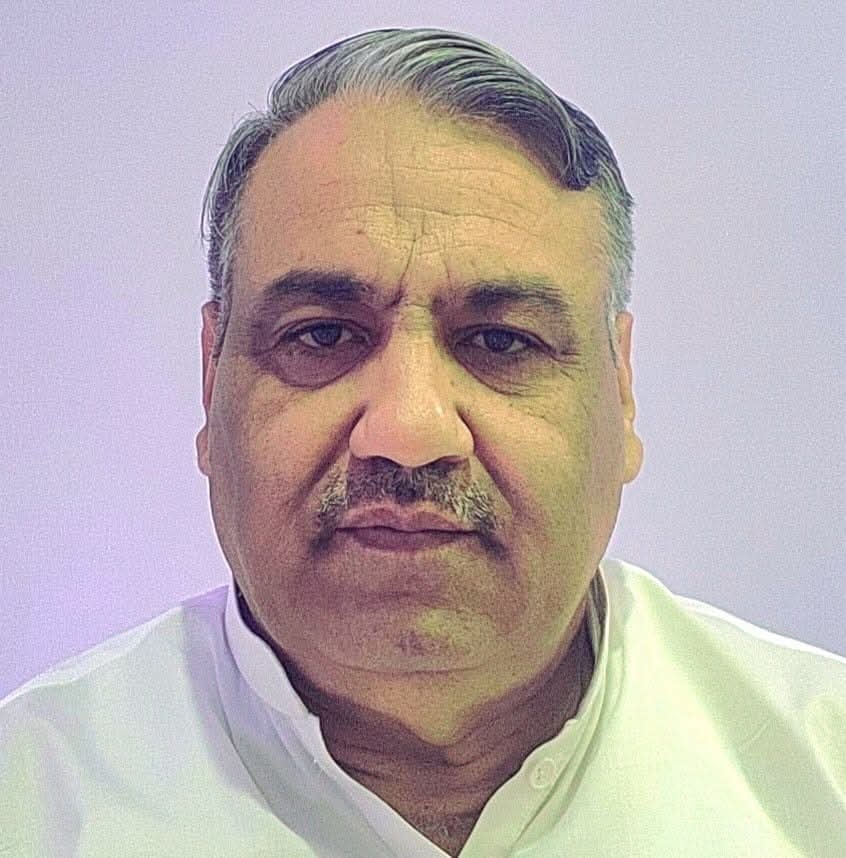Join the conversation

Types of Mental Health Professionals:
Psychiatrists:
Medical doctors who diagnose and treat mental disorders, often prescribing medication.
Psychologists:
Conduct research, assessment, and therapy, often focusing on cognitive and behavioral approaches.
Mental Health Counselors:
Provide counseling and therapy to address personal, emotional, and behavioral issues.
Social Workers:
Assess and support individuals and families facing mental health challenges, often focusing on social and environmental factors.
Mental Health Nurses:
Provide direct care to individuals with mental health conditions, including medication administration, therapy, and support.
Substance Abuse Counselors:
Provide specialized counseling and treatment for individuals struggling with substance use disorders.
Reply

Mental health professionals play a vital role in diagnosing, treating, and supporting individuals with mental health conditions. Their responsibilities vary depending on their specific field, but generally include assessment, treatment planning, therapy, medication management (for certain professionals), and research.
Key Roles and Responsibilities:
Assessment and Diagnosis:
Mental health professionals conduct thorough assessments to understand a client's mental health status, including evaluating symptoms, history, and potential contributing factors.
Treatment Planning:
They develop individualized treatment plans based on the assessment, which may include therapy, medication, and other interventions.
Therapy and Counseling:
Providing talk therapy, counseling, and other therapeutic interventions to help individuals address their emotional, psychological, and behavioral issues.
Medication Management:
Some mental health professionals, such as psychiatrists, are licensed to prescribe and manage medications for mental health conditions.
Research:
Many mental health professionals conduct research to advance knowledge about mental health, treatment effectiveness, and prevention.
Crisis Intervention:
Providing immediate support and intervention during mental health crises.
Education and Support:
Educating clients, families, and the community about mental health issues, resources, and strategies for recovery.
Collaboration:
Working collaboratively with other healthcare professionals, such as primary care physicians, to provide comprehensive care.
Case Management:
Helping individuals navigate the healthcare system, access resources, and maintain stability.
Reply




